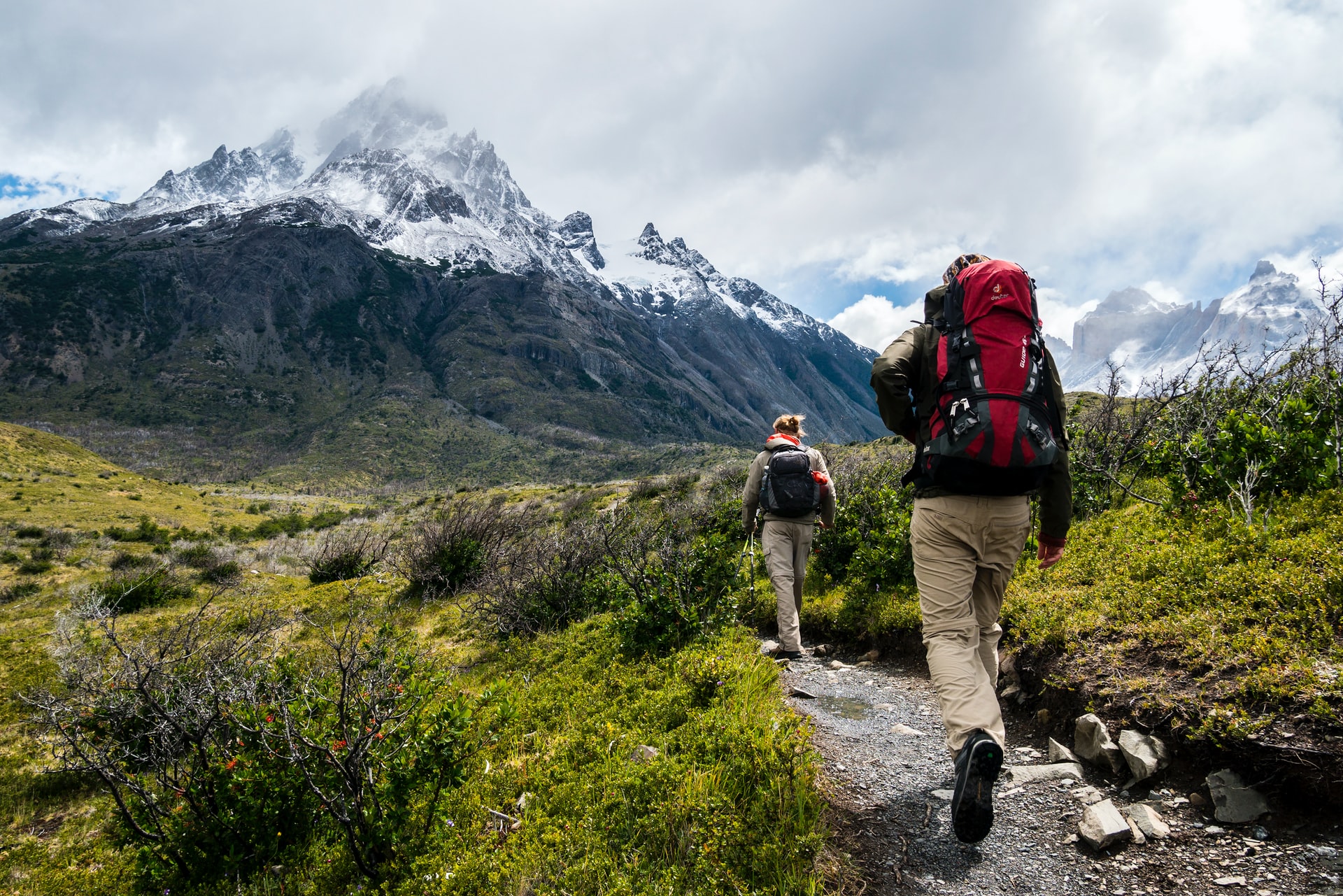The Most Beloved British Football Teams of All Time
As we all know, football is more than just a sport in the UK; it’s a way of life. The love for the game runs deep, with clubs across the country enjoying immense followings, with many enthusiasts gathering to explore the best bookmakers before placing a bet. While new teams emerge and rise to prominence, some clubs have earned a special place in the hearts of fans, becoming not just successful teams but cultural icons. Let’s take a look at some of the most beloved British football teams of all time.
Manchester United: A Global Legacy
Manchester United is arguably one of the most beloved and recognisable football teams in the world. The club’s history is rich with triumph, from the glory days of Sir Matt Busby in the 1960s to the dominance of Sir Alex Ferguson in the 1990s and 2000s. Manchester United has garnered a fan base that stretches across the globe, thanks to their exceptional success both domestically and internationally.
With 20 top-flight league titles, a record 12 FA Cups, and numerous European victories, Manchester United’s legacy is hard to surpass. Their thrilling style of play, dramatic victories, and iconic players such as George Best, Eric Cantona, and Cristiano Ronaldo have left an indelible mark on the football world. Despite recent challenges, the team remains a beloved institution in British football.
Liverpool FC: A Historic Rivalry
Liverpool Football Club is a name synonymous with passion, history, and unrivalled support. Known for their fiery Anfield atmosphere, where the famous “You’ll Never Walk Alone” anthem echoes around the stadium, Liverpool has a reputation for producing thrilling football and dramatic comebacks.
With 19 league titles, 6 European Cups, and an illustrious history, Liverpool’s success on the pitch has been undeniable. Players like Kenny Dalglish, Steven Gerrard, and Mohamed Salah have become legends, not only for their footballing talent but for their connection with the club and its supporters. The team’s fierce rivalry with Manchester United and its consistent performances on the European stage have solidified Liverpool as one of Britain’s most beloved teams.
Arsenal: The Invincibles and the Gunners’ Pride
Arsenal has long been one of the most beloved and respected football clubs in Britain, known for their attractive, attacking style of play. Arsenal’s greatest achievement came in the 2003-2004 season when they famously went unbeaten throughout the entire league campaign, earning the title of “The Invincibles.”
With 13 league titles, 14 FA Cups, and a loyal fanbase, the Gunners are revered for their contribution to English football. Iconic players such as Thierry Henry, Dennis Bergkamp, and Ian Wright helped build the club’s rich legacy. Arsenal’s passionate supporters, known as the Gooners, continue to stand by their team, making the club an enduring part of British football culture.
Chelsea FC: A Modern Powerhouse
While Chelsea may not have the centuries-old tradition of some of the other teams on this list, they have undeniably become one of the most beloved and successful football clubs in modern British history. Since the turn of the millennium, Chelsea has enjoyed a period of remarkable success, particularly after the club’s takeover by Russian billionaire Roman Abramovich in 2003.
With 6 league titles, 5 FA Cups, and 2 UEFA Champions League trophies, Chelsea has cemented its status as one of the top clubs in Europe. Iconic players like Frank Lampard, Didier Drogba, and Gianfranco Zola have been central to the club’s rise to prominence, and their passionate fanbase has made Stamford Bridge a fortress. Chelsea’s thrilling style of play and their status as a European powerhouse ensure they remain one of the most beloved teams in Britain.
Tottenham Hotspur: Steeped in Tradition
Tottenham Hotspur has long been regarded as one of the most beloved clubs in British football, with a rich history and an ever-growing fanbase. Known for their flair and attacking football, Spurs have earned a loyal following over the decades. While the club’s trophy cabinet may not be as full as some of their rivals, Tottenham’s commitment to playing attractive football and their consistent performances in the Premier League have earned them respect and admiration.
Spurs’ passionate supporters, affectionately known as “Yids” or “Lilywhites,” are some of the most dedicated fans in the country. Legendary players such as Jimmy Greaves, Glenn Hoddle, and Harry Kane have graced the field, further cementing the club’s place in the hearts of football lovers.
West Ham United: The Pride of East London
West Ham United, also known as the Hammers, has a unique place in the hearts of British football fans. The club is famous for its blue-collar, working-class roots and its deep connection to East London. Known for their never-say-die attitude and producing a number of footballing legends, West Ham has become an emblem of resilience and pride.
The club’s iconic stadium, Upton Park (now London Stadium), was home to generations of passionate fans who made the atmosphere electric. Players such as Bobby Moore, Geoff Hurst, and Trevor Brooking have etched their names in the club’s history, and West Ham’s fans continue to support their team with an unwavering loyalty.
Football in Britain is deeply intertwined with local communities, regional pride, and a history that spans over a century. From the iconic clubs of Manchester United and Liverpool to the underdog spirit of West Ham, each team brings something unique to the footballing landscape. These beloved clubs, through their historic achievements, iconic players, and passionate supporters, continue to hold a special place in the hearts of fans not just in Britain, but across the globe. Football is more than just a sport in the UK—it’s a shared experience, a community, and a source of pride that transcends generations.


















